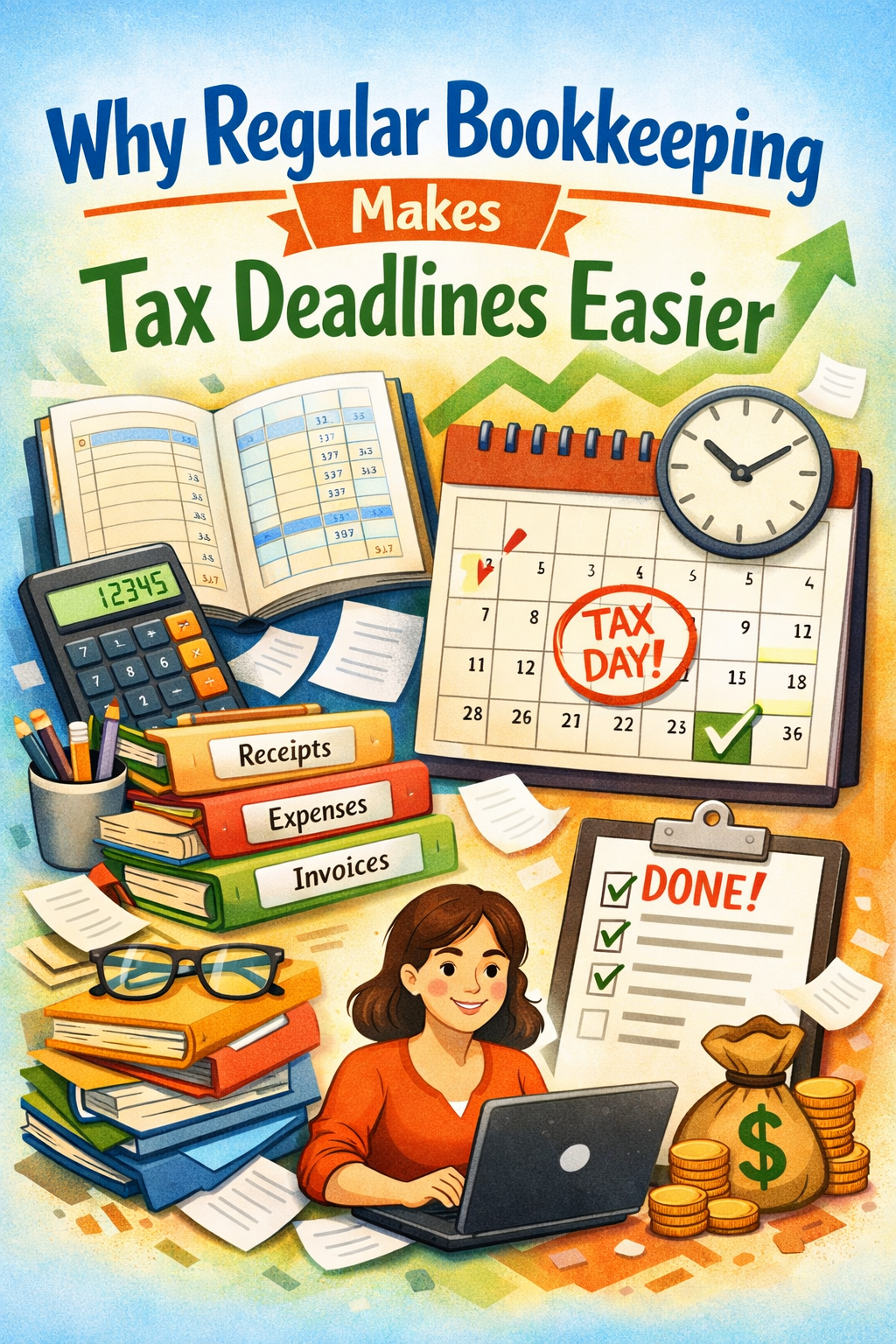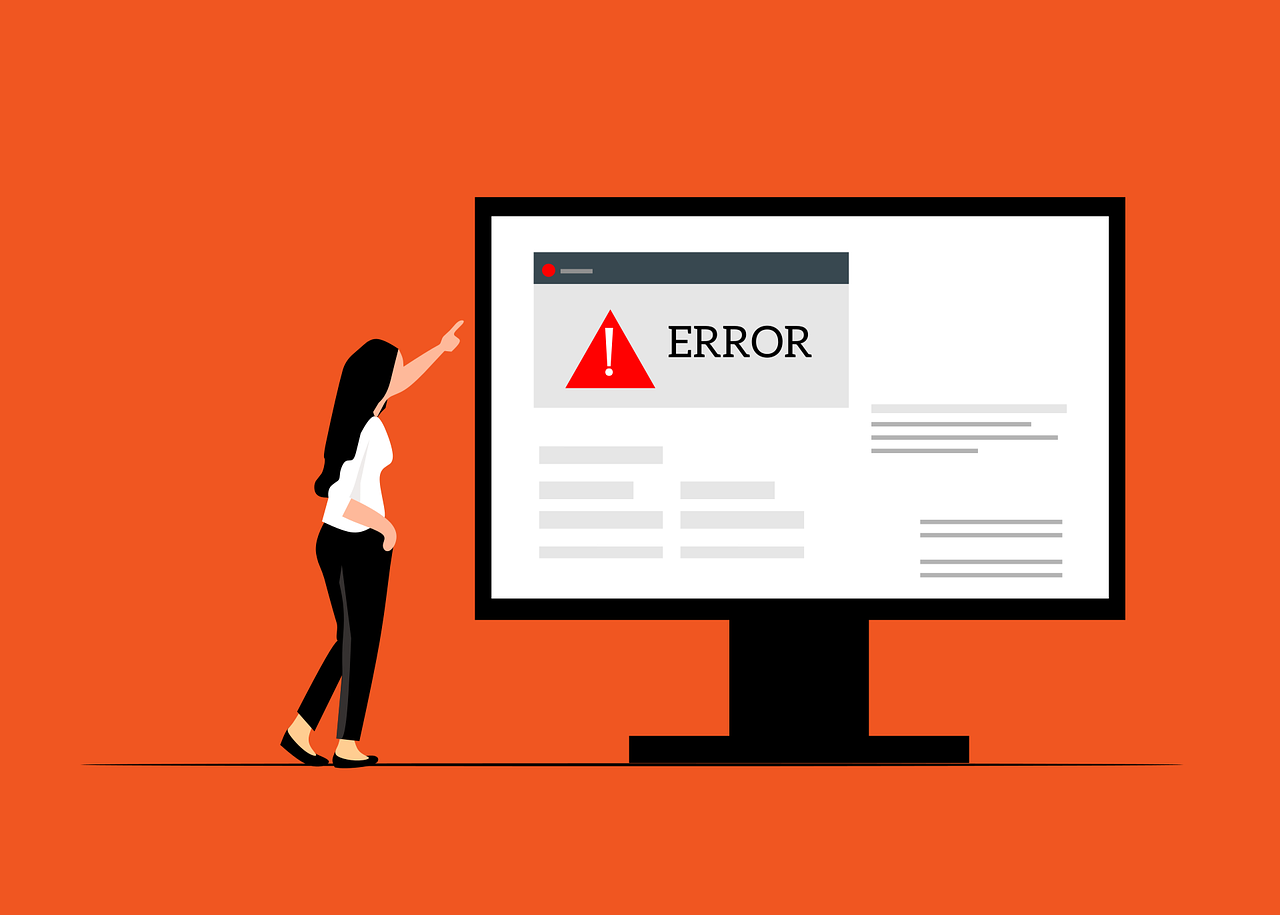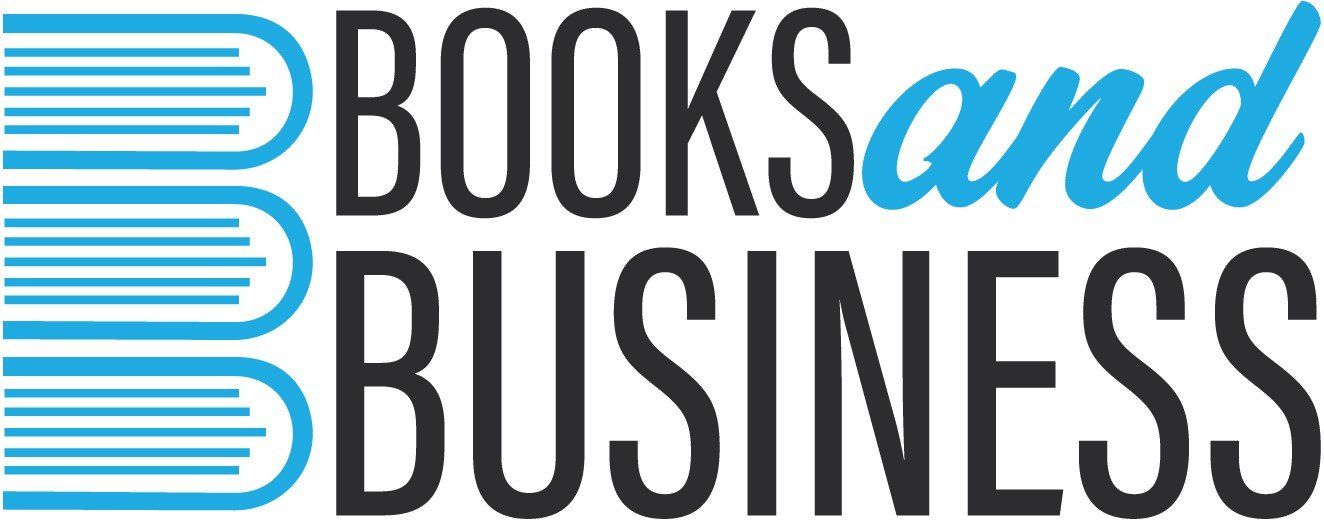Declare your Covid funding on your tax return
Did you receive any of the government covid grants during the 2020/21 tax year?
If so read on to make sure you know what to declare
As we know many businesses as well as the self-employed received financial support from the government by way of grants and support schemes during the pandemic. These income packages are however all taxable and will need to be declared to HMRC.
Self-Assessment Tax Return reporting:
SEISS
According to HMRC more than 2.7 million people claimed one of the Self-Employment Income Support Scheme (SEISS) payments, of which there were 5 in total.
As the SEISS payment is taxable it needs to be declared on your 2020/21 self-assessment tax return before the deadline of 31st January 2022 but only if you received any of the first 3 payments (received on or before 5 April 2021). If you received the 4th or 5th payments this can be declared on your 2021/22 tax return. In order to declare the SEISS grant on your self-assessment tax return the payments should be added in the Self-Employment Income Support Scheme Grant box.
Other Grants
The other grants provided by the Government during the pandemic were:
- Test and trace / self-isolation payments
- CJRS – furlough scheme
- Eat Out to Help Out
- Covid Statutory Sick Pay Rebate
- Covid Business Support Grants
These grants must also be declared on your self-assessment tax return but these are to be declared in the business income box.
However, not all of the covid support grants need to be reported, for example, if you received a welfare payment from the council which helped with your council tax payments or housing benefits you do not need to report these on your Self Assessment tax return.
Company Tax Return reporting:
The Coronavirus Job Retention Scheme (CJRS) and the Eat Out to Help Out payments that were given during the pandemic also need to be declared on the Company Tax Return. HMRC have stated the following when it comes to declaring it:
- include it as income when calculating taxable profits in line with the relevant accounting standards
- report it separately on the Company Tax Return using the CJRS and Eat Out to Help Out boxes
Note that the Coronavirus Business Interruption Loan Scheme loan and Bounce Back loan do not need to be reported on your tax return.




